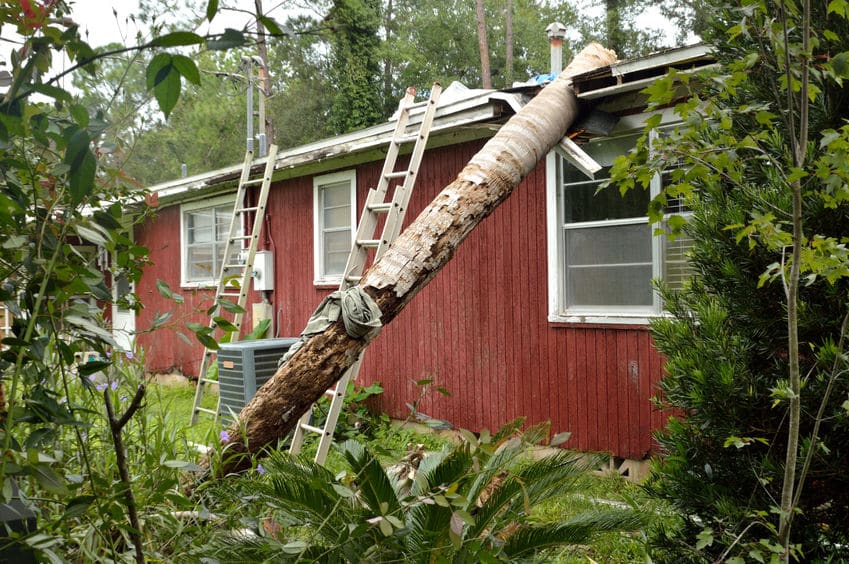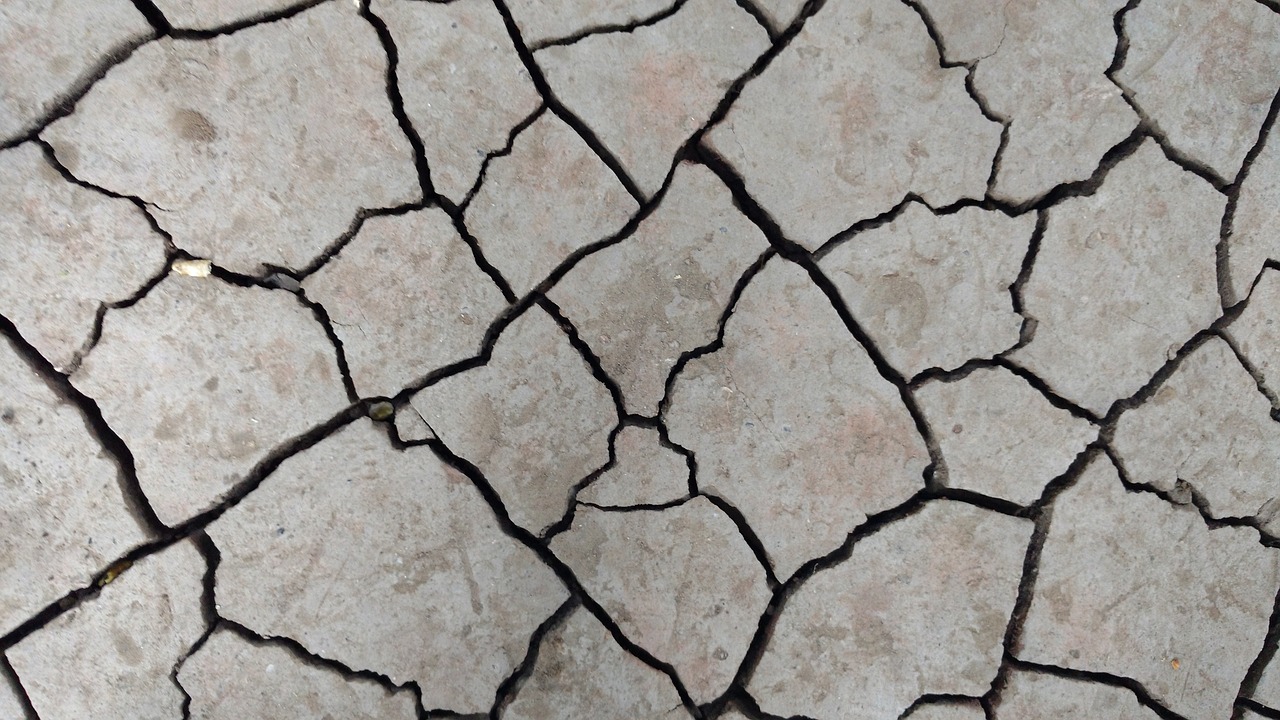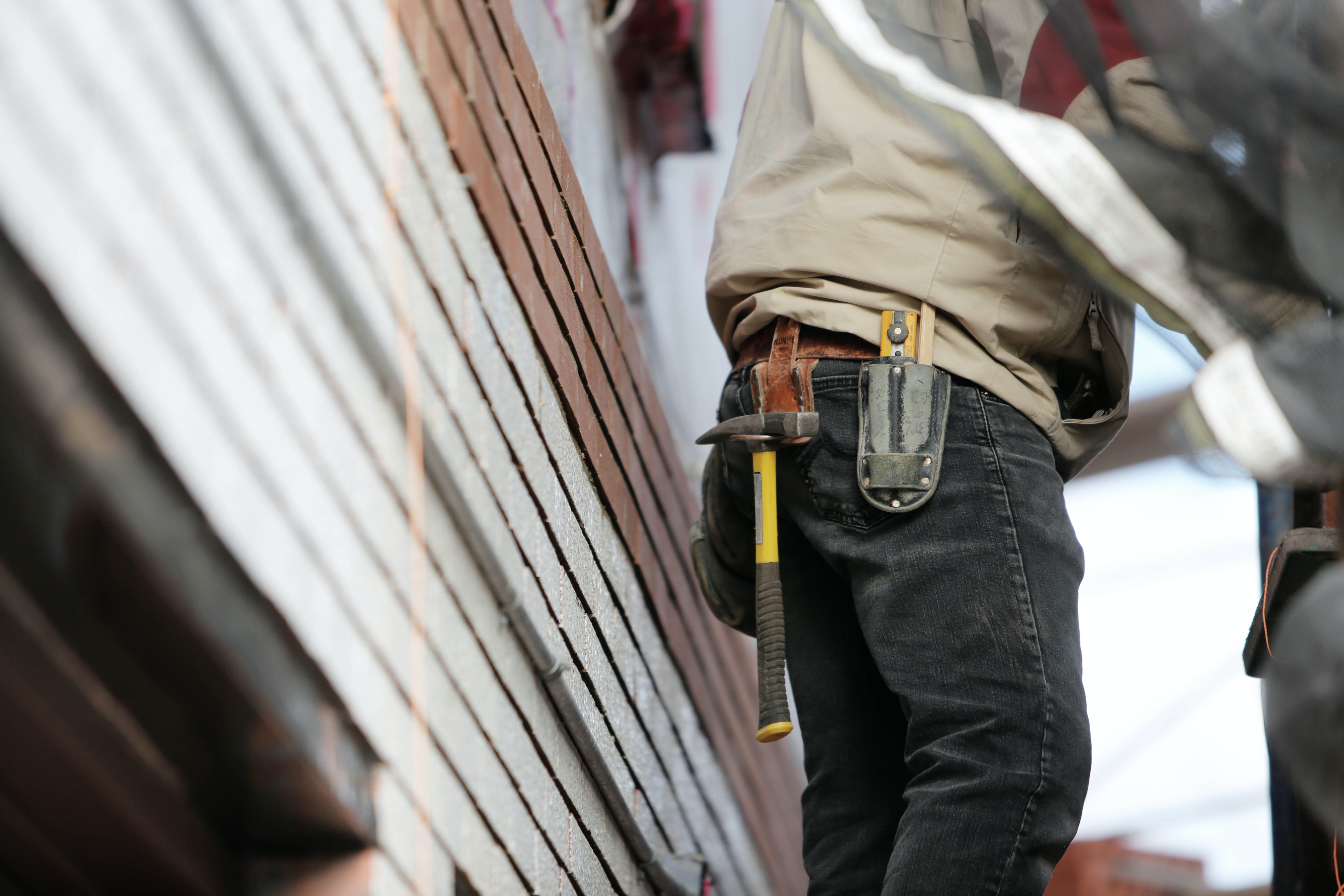
Why Homeowners Insurance Rates Are Increasing in Nevada in 2024
Homeowners insurance has become increasingly difficult to find and afford for most residents. Without insurance, lenders won’t lend, which means buyers won’t buy, and sellers can’t sell. Many residents are at a loss and wondering, “How did this happen?”
There are five main reasons why Nevada homeowners insurance rates are high right now, so let’s start there. Then we’ll look at what residents can do and what comes next.
1. Greater Environmental Risks
Insurance rates naturally rise after environmental disasters sweep through a region, and 2024 has been a bad year for wildfires in Nevada.
- As recently as July, the Stockade Canyon Fire in northwest Nevada had grown to cover 10,000 acres.
- Northern Nevada’s potential for wildfire remains “above average” through August, 2024, as determined by the National Interagency Coordination Center.
When risk goes up, prices follow.
However, some say that national insurers are over-reacting to the fire risk.
Denise Bremer, President of the Incline Village Association of Realtors, has noted that some insurers may be using satellite images and data from more than 10 years ago to assess property coverage requests. In that time, however, a lot of work has been done to safeguard properties against wildfires.
Many Nevada fire departments, for example, are now rated as ISO-1. It’s the highest Insurance Services Office rating possible and indicates their exemplary ability to respond to fires. But most insurance companies no longer recognize that benchmark.
2. Fewer Insurance Companies in Nevada
Nationwide insurance companies aren’t invested in a community and generally can’t afford to have too many property policies in one region, because of the risk of natural disaster. When environmental risks go up, most national insurance brands start moving out, to diversify their portfolios.
That’s been happening in Nevada all year.
At least two major insurers moved most of their business out of the Lake Tahoe area in the spring. Real estate professionals across the state have noted that even more insurers have followed suit—reducing their investments across Nevada, if not closing up entirely.
3. Rising Construction Costs
The construction industry is facing rising costs for a variety of reasons, which trickles down to other industries as well—including insurance.
- Inflation has raised costs associated with reconstruction.
- Supply chain issues continue to complicate new construction and repairs, extending timelines and project budgets, in addition to increasing material costs.
When repairs and construction cost more, insurance claims cost more, and insurers have to cover those costs.
4. Higher Reinsurance Rates
Reinsurance is insurance for insurers. It’s an arrangement that allows insurance companies to transfer some risk to another insurance company. This helps the initial insurer remain solvent when large claims are made.
Reinsurance rates dropped slightly, nationwide, in July, but they’ve been on the rise for the last couple of years. Many homeowner and property insurers have been reacting to rising reinsurance rates since 2022.
5. Nevada HOAs and Condos are Coded as Commercial Properties
HOAs and condos are coded as commercial properties, not residential, in Nevada. This creates a two-fold difficulty for residents.
First, it means those residents are among the most at-risk for losing insurance. Because condos, for example, require commercial insurance, each one has to be considered one large investment, rather than dozens of small residences, to insurance companies. That means each condo and HOA is a big risk for insurers.
It also means that, as Nevada legislators work on the problem, HOAs and condos get stuck at the back of the line. Insurance Commissioner Scott Kipper is collecting data on the crisis, but residential data doesn’t include HOAs and condos.
How to Reduce Insurance Bills
If you’re a homeowner in Nevada, there may be some steps you can take to lower your insurance bills and make your property more attractive to insurers:
- Raise the deductible.
- Improve your credit score.
- Make sure the policy only covers necessary items.
- Make sure sprinkler systems and fire suppression measures are up to date.
- Make the property safer with fire resistant landscaping and exterior finishes.
- Bundle different types of insurance with the same insurance company.
- Talk to a local expert.
What’s Next? Nevada’s FAIR Insurance Policy
Nevada legislators are hard at work trying to stem the rising tide of the homeowners insurance crisis. Most notably, regulators are investigating neighboring states to evaluate the best way to enact a FAIR insurance policy.
Fair Access to Insurance Requirements (FAIR) plans are state-sponsored property insurance plans that provide coverage to residents who can’t get insurance in the regular market. They’re usually considered a last resort. FAIR plans only provide basic coverage for properties that are considered high-risk or difficult to insure.
California is one of a few states that have FAIR insurance plans. Each state develops its own rules and regulations for how the FAIR plan will work.
Get Homeowners Insurance Today With Harris Insurance
All eyes are on Nevada regulators, but homeowners need coverage today. Navigating the insurance marketplace has always been tricky, but it’s especially difficult for homeowners in Nevada today.
That’s where Harris Insurance comes in. Our independent professionals are here in Nevada and they’re experts on the challenges you’re facing—as well as the best solutions.
Get in touch today, and get the peace of mind you expect from homeowners insurance. Call us at (855) 202-66111, send an email to info@hisnv.com, or contact us online.
With over 100 years of combined insurance and risk management expertise, we pride ourselves on exceeding customer expectations.




